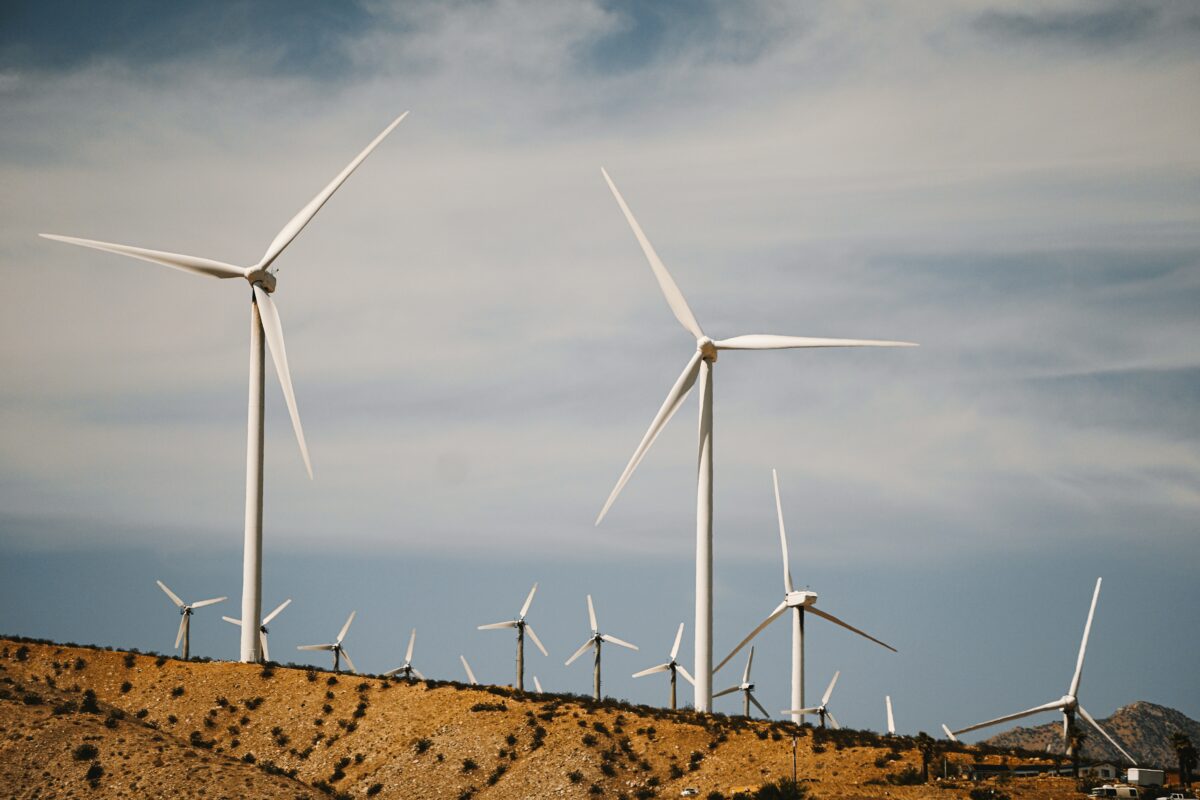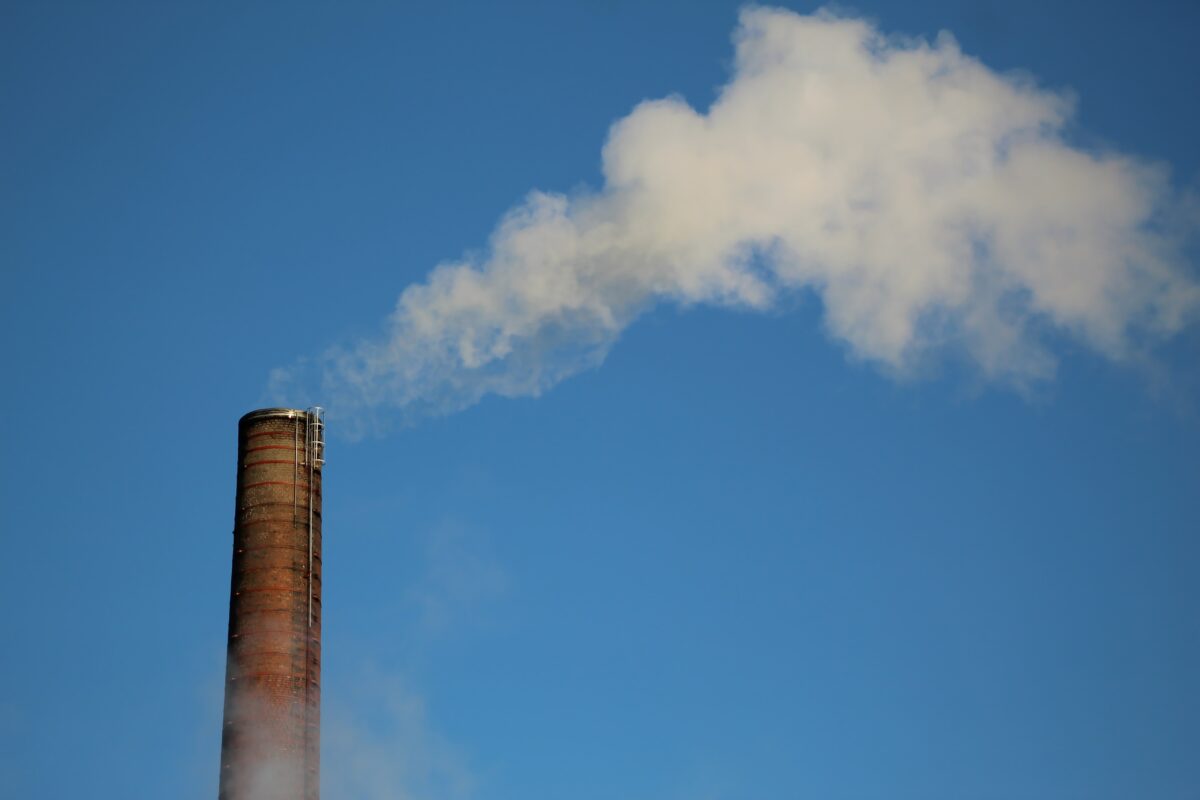Representatives of the three government bodies that administer or monitor Australia’s carbon market today revealed details of next steps that will shape its evolution.
Clean Energy Regulator chief executive David Parker, and Climate Change Authority chief executive Brad Archer, along with Megan Surawski, manager of ACCU implementation at the Department of Climate Change, Energy, Environment, and Water, spoke at today’s Carbon Farming Industry Forum in Cairns, organised by the Carbon Market Institute (CMI).
The briefings from the trio of regulators were provided at a “crossroads” moment for Australia’s carbon market, CMI chief executive John Connor told the Forum.
“It really is crunch time,” Connor said. “We must get integrity right, but we also need to be ready to maximise the benefits of these projects at a scale that will drive forward our climate action and our economic transition.”
Clean Energy Regulator chief executive David Parker signalled that long-awaited data on carbon projects that earn Australian Carbon Credit Units (ACCUs) will be made publicly available next week.
The data on the Carbon Estimation Areas (CEA) will be issued in conjunction with contextual information, if provided, to better understand the performance of these projects, Parker said.
For example, satellite imagery won’t necessarily show small trees, making contextual information essential, he noted.
Parker added that developers of existing HIR projects had been given an opportunity to apply on an “act of grace” basis to have their CEA data withheld, given that until recently legislation required that it not be disclosed. “Very, very few” have applied for this this, according to the Regulator.
Mr Connor welcomed the increased transparency, and urged project proponents and broader market participants and commentators to understand the complexities of the data being released:
“We commend both the government and the regulator for acting on the ACCU review recommendations for greater transparency. This is a vital step in ensuring investor and community confidence in the scheme.”
“The complexity around the release of the CEA must also not be understated. As CER noted, releasing project boundaries or CEAs alone creates the potential for misinterpretation and a significant margin for error when assessing the performance of projects.”
Separately, DCCEEW’s Megan Surawski told the forum that the recruitment process for chair for the new Carbon Abatement Integrity Committee (CAIC) was also about to start.
The new CAIC will primarily focus on ensuring methods for creating Australian Carbon Credit Units have integrity, and it will have a full-time chair, as recommended by the Chubb Review of the ACCU scheme, Surawski noted. DCCEEW will shortly start consulting on remaining implementation issues.
Consultation will also take on matters including proposed new ACCU Scheme principles, and on the role of government purchasing of ACCUs.
The Climate Change Authority’s Brad Archer noted that the Authority has just released its first consultation paper of the year, which canvassed views on four things: Australia’s next Paris Agreement targets, a review of the federal carbon farming law (the Carbon Farming Initiative Act), a review of the greenhouse gas reporting legislation (known as the NGER Act), and the provision of advice for the government’s next annual climate change progress report.
Finally, Australian Conservation Foundation CEO Kelly O’Shanassy told the Forum that her organisation fully supports the Chubb Review recommendations, and considers that having a properly functioning carbon market is important. However she cautioned that more attention must be paid to ensuring ACCUs represent abatement that is additional to business-as-usual.
O’Shannassy also told the Forum that opportunities to link carbon and biodiversity markets “are worthy of exploration,” but noted any environment market would be even more complex than carbon so would need very high standards.
Access the Media Kit for the Carbon Farming Forum here.
Today’s Carbon Farming Scorecard report here.
About the Carbon Market Institute
The Carbon Market Institute (CMI) is a member-based institute accelerating the transition towards a negative emissions, nature positive world. It champions best practice in carbon markets and climate policy, and its over 150 members include primary producers, carbon project developers, Indigenous organisations, legal, technology and advisory services, insurers, banks, investors, corporate entities and emission intensive industries. The positions put forward constitute CMI’s independent view and do not purport to represent any CMI individual, member company, or industry sector.
For further information, contact Thomas Hann on 0408 880 536 or thomas.hann@carbonmarketinstitute.org



